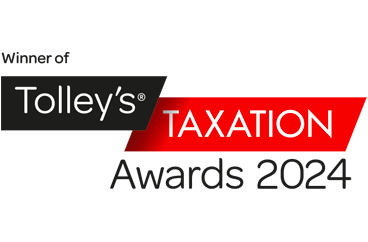Income tax. Schedule E. PILONs (Payments in Lieu of Notice).
Two employees had notice periods of six months. The contract of employment provided for the contract to be terminated, either on the giving of six months notice, or, at the employer’s option, on the giving of less notice and the making of a payment in lieu of notice. The employees became redundant and were dismissed with notice of 1 day and 10 days respectively. Payments in lieu of notice were made in accordance with the employment contracts.
The issue was whether such payments were emoluments from the employment (s.19 ICTA 1988) in which case they were taxable, or not, in which case they were in principle taxable under s.148 ICTA 1988 but with the benefit of the £30,000 exemption under s.188(4) ICTA 1988 [now see Schedule 11 ICTA 1988].
Held: the termination provisions, whereby the employee was entitled to six months notice or an equivalent payment, produced security or continuity of employment or at least salary, and were one of the inducements for the employee to enter into the contract of employment. The PILONs were thus payments from “being or becoming an employee”, as in Shilton v Wilmshurst. PILONs could not be likened to redundancy payments, which fell outside the scope of s.19 ICTA 1988, because the reason for providing the PILON was to allow for continuity of salary over the time it might take to find alternative employment: unlike a redundancy payment, it was not to relieve the hardship consequent upon becoming unemployed. These PILONs were taxable under s.19 as emoluments from the employment. Mairs v Haughey [1994] 1 AC 303 distinguished.
Andrew Thornhill Q.C. and Conrad McDonnell appeared for the employer






